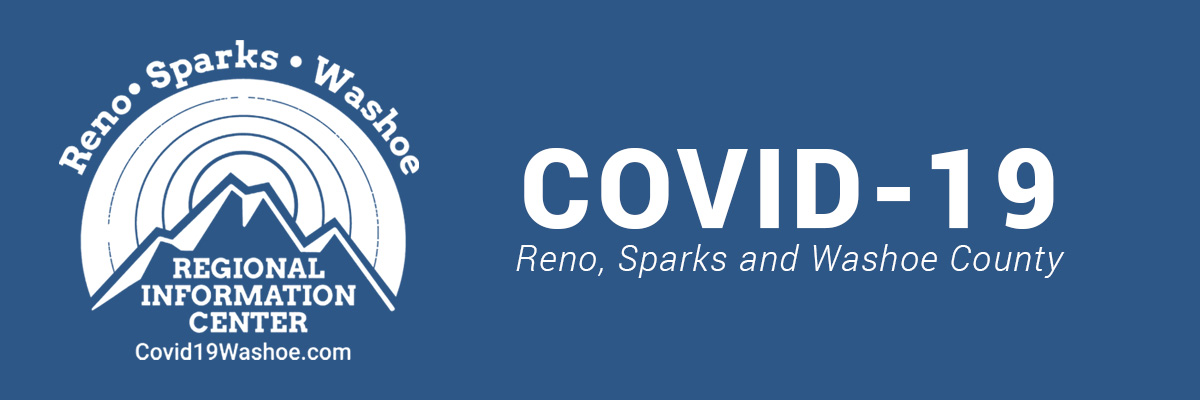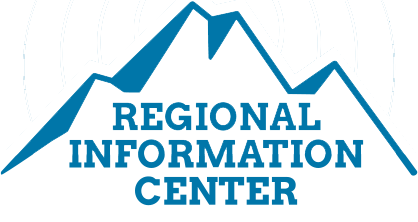
South African variant of COVID-19 confirmed in Washoe County
Feb. 18, 2021. Reno/Sparks, NV – The Washoe County Health District (WCHD) is urging the public to be vigilant against COVID-19 as a new variant originated in South Africa has been confirmed by the Nevada State Public Health Laboratory (NSPHL).
The confirmed case of the B.1.351 South African variant is a male in his 40s with recent travel from South Africa. WCHD conducted an investigation and determined the case was not infectious during travel. This is the first confirmed case of the B.1.351 variant in Washoe County and the state of Nevada. See more about the genomic sequencing information from NSPHL here.
NSPHL Director Mark Pandori and WCHD Epidemiology Program Manager Heather Kerwin will be on today’s 11 a.m. COVID-19 Media Availability to discuss the confirmed case.
“As new variants of COVID-19 emerge in Washoe County, we cannot overstate the importance of wearing a mask, social distancing and limiting contact with those outside your household,” said Kevin Dick, District Health Officer for Washoe County. “We’re still learning a lot about these mutations of COVID-19 and it’s imperative that residents be aware of these new strains. As we see our COVID-19 positivity rate and cases per day trend downward, it’s important to not lower our guard. Past experiences in October-November have shown that this disease can wreak havoc on our community very quickly and we certainly don’t want to take a step backward.”
The Centers for Disease Control & Prevention (CDC) reports just 19 confirmed cases of the B.1.351 variant in 10 states. The CDC states that though there is no evidence to suggest this variant has any impact on disease severity, there is some evidence the variant could affect how COVID-19 vaccine neutralizing antibodies perform, meaning current COVID-19 vaccines might not be as effective in protecting those from contracting the virus.
“We appreciate the hard work and diligence of Dr. Pandori and the Nevada State Public Health Laboratory in taking the tedious but necessary steps to identify new COVID-19 strains in our community,” Dick said.
